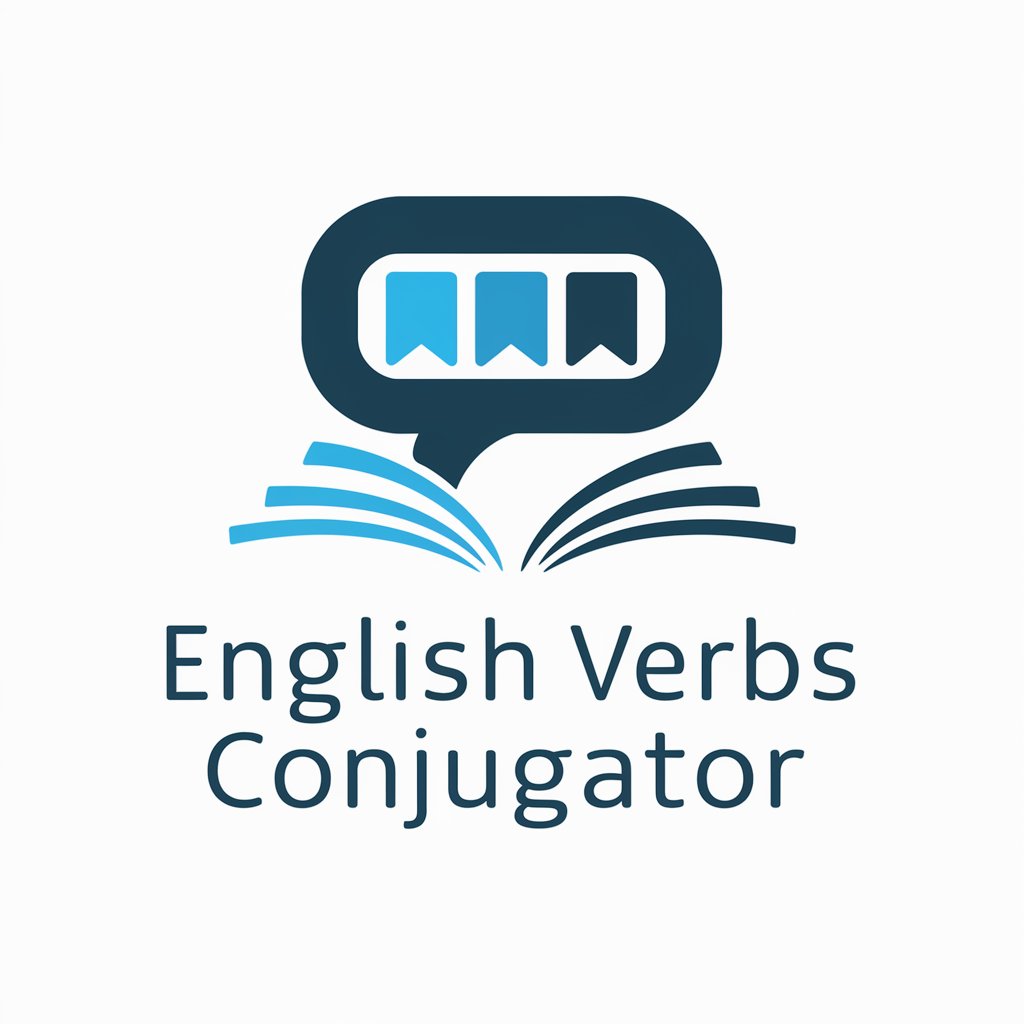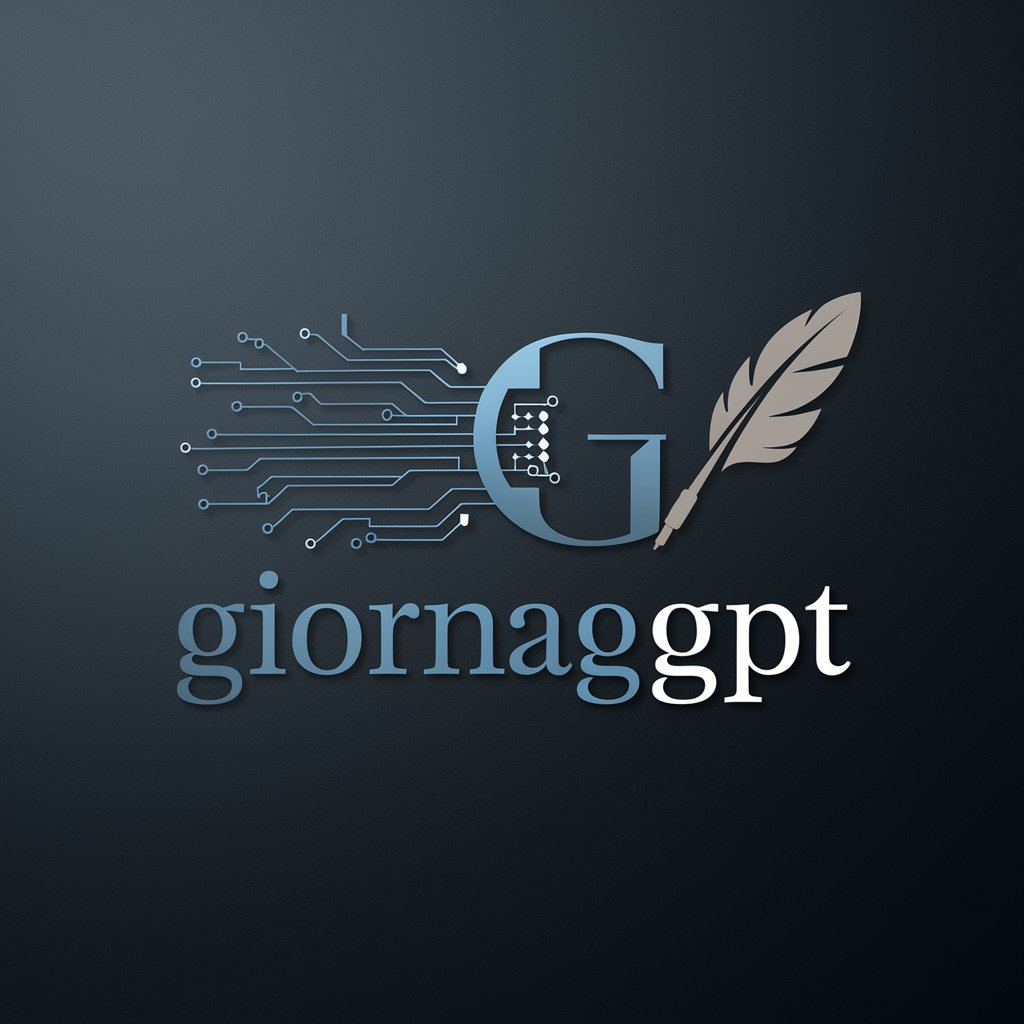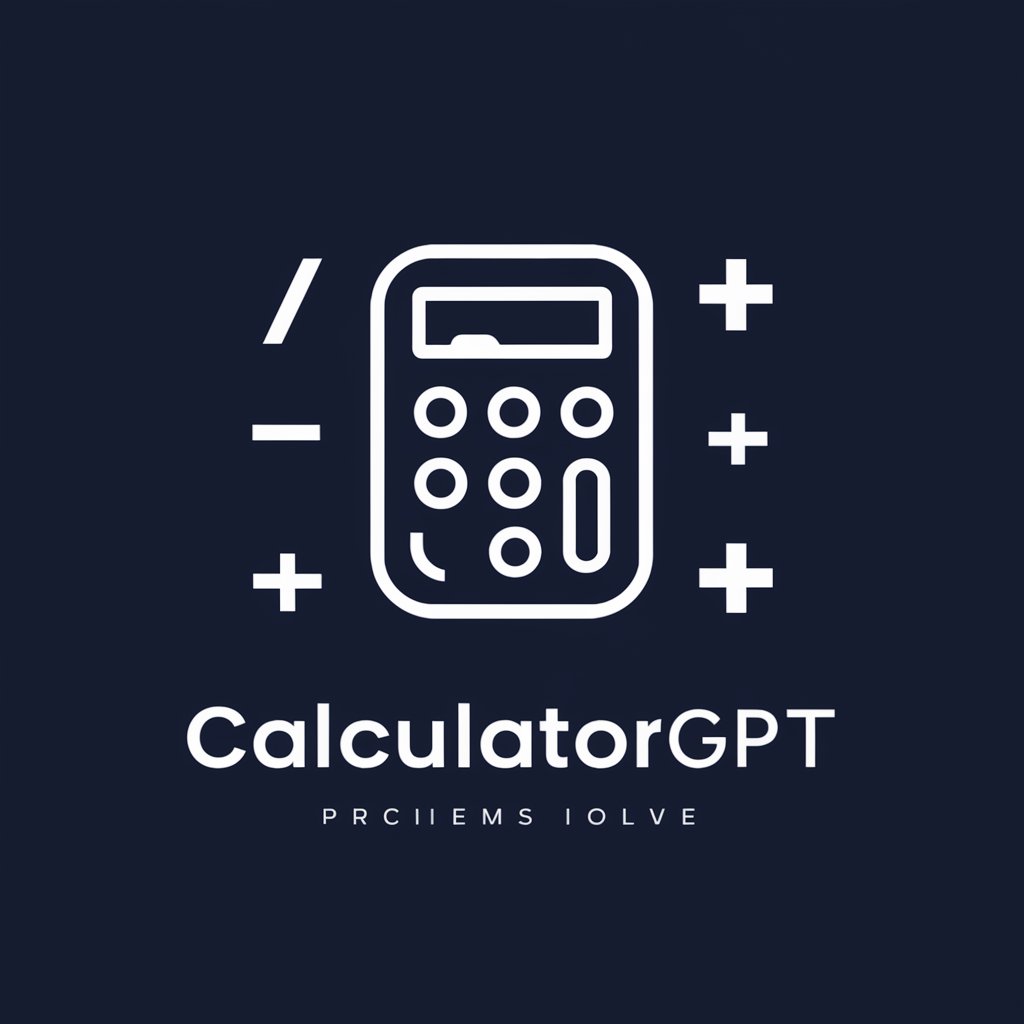English Verb Conjugator - English Verb Conjugation Tool

Welcome! Let's master English verbs together.
Master Every Verb Form with AI
Conjugate the verb 'to be' in all tenses.
Provide examples of the verb 'to have' in conditional sentences.
Use the verb 'to go' with different modal verbs.
Formulate questions using the verb 'to do' in the past tense.
Get Embed Code
Introduction to English Verb Conjugator
The English Verb Conjugator is designed as an educational tool aimed at facilitating the learning and understanding of English verb conjugations across a wide range of tenses, moods, and voices. It breaks down the complexity of English verb forms, offering clear, detailed examples of how verbs change according to tense, subject, and context. For instance, it illustrates how the verb 'to walk' is used in different tenses: 'I walk' (present), 'I walked' (past), 'I will walk' (future), including variations in mood and aspect like the conditional 'I would walk' or the continuous 'I am walking'. Beyond standard conjugations, it delves into passive voice constructions ('The book was read by me'), questions ('Do you walk?'), and usage with modal verbs ('Can you walk?'). By providing contextual examples, it aims to enhance understanding, making it easier for learners to grasp how verbs function in various grammatical scenarios. Powered by ChatGPT-4o。

Main Functions of English Verb Conjugator
Conjugation Across Tenses
Example
For the verb 'to play', the conjugator shows: 'I play' (Present Simple), 'I played' (Past Simple), 'I will play' (Future Simple), 'I am playing' (Present Continuous), etc.
Scenario
Useful in language learning environments, like classrooms or self-study, helping students understand and practice the formation and use of different tenses.
Modal Verb Integration
Example
Demonstrates how verbs interact with modals: 'I can play', 'I should play', 'I must play', highlighting modal use for ability, advice, and obligation.
Scenario
Helpful for learners to comprehend modal verbs in context, applying this knowledge in writing and conversation to express possibility, necessity, or permission.
Passive Voice Construction
Example
Shows how active sentences are transformed into passive: 'The game is played by me', providing insight into voice and its impact on sentence structure.
Scenario
Assists advanced learners and writers in diversifying their sentence structures, especially useful in formal writing or when the focus is on the action rather than the subject.
Conditional Forms Usage
Example
Explains conditional forms with examples: 'If I played, I would win', covering all conditional types from zero to third conditional.
Scenario
Essential for language learners to master hypothetical situations and their implications, enhancing their ability to discuss possibilities and consequences.
Ideal Users of English Verb Conjugator Services
ESL/EFL Learners
Students learning English as a second or foreign language can greatly benefit from detailed conjugation examples and explanations, aiding their understanding of complex verb forms and their correct usage in various contexts.
Language Educators
Teachers and tutors can utilize the conjugator as a teaching aid to provide clear, contextual examples to students, enriching classroom instruction and study materials.
Writers and Editors
Professionals in writing and editing can refer to the conjugator for guidance on correct verb usage, especially in more complex structures like passive voice or conditional sentences, ensuring linguistic accuracy in their work.
Language Enthusiasts
Individuals with a passion for language learning and linguistics might find the conjugator a valuable resource for exploring the nuances of English verb forms and their applications in different grammatical scenarios.

How to Use English Verb Conjugator
Initiate Trial
Begin by visiting yeschat.ai to access a free trial of the English Verb Conjugator, no login or ChatGPT Plus subscription required.
Select Verb
Choose or input the English verb you wish to conjugate. This could be any verb, regular or irregular.
Specify Form
Specify the verb form you are interested in, such as tense (present, past, future), voice (active, passive), mood (indicative, imperative, subjunctive), or use with modals (can, must, would).
View Conjugations
Submit your choices to view the conjugation details, including various forms like affirmative, negative, question, and conditional sentences.
Practice and Apply
Utilize the examples provided to practice the conjugations and integrate them into your writing or speaking for effective English communication.
Try other advanced and practical GPTs
GiornaGPT
Elevating Content with AI Precision

거절당하기 연습
Master the Elegance of Uncertainty

Sales Cloud Case Solver
Empowering sales with AI insights

Calculator GPT
Solve Math Effortlessly with AI

Sphere AI - The Adorable Chihuahua
Reviving '90s charm with AI wit

Protein Advisor
Optimize your diet with AI-powered protein advice.

Gadget Guru
Empowering Your Gadget Choices with AI

Ai Retire Smart CA
Empowering Your Future with AI-Powered Estate and Retirement Planning

Académie de Musique Flamenco
Master Flamenco with AI-Powered Lessons

Mandarin Mentor
Empower your Mandarin journey with AI

StartupGPT
Empowering Startups with AI Insight

AskDalio
Navigate life's challenges with Dalio's AI wisdom.

Frequently Asked Questions about English Verb Conjugator
Can I conjugate both regular and irregular verbs with this tool?
Yes, the English Verb Conjugator is designed to handle both regular and irregular verbs across all tenses, moods, voices, and even when used with modal verbs.
Does the tool provide examples of verb usage in sentences?
Absolutely! For each conjugated form, the tool provides detailed examples that include affirmative sentences, questions, negatives, passive voice constructions, and conditional sentences to illustrate the verb's use in various contexts.
Can I learn how to use modals with verbs using this conjugator?
Yes, one of the tool's features is demonstrating how to conjugate verbs when used with modal auxiliary verbs like 'can', 'must', 'would', etc., showing how the meaning changes in different scenarios.
Is this tool suitable for non-native English speakers?
Definitely. The English Verb Conjugator is an excellent resource for learners at all levels, providing clear, contextual examples to help understand and memorize the correct use of English verbs in various forms.
How can educators use this tool?
Educators can leverage this tool to create lesson plans, provide students with extra practice materials, and illustrate complex grammatical structures in a clear and accessible manner.
